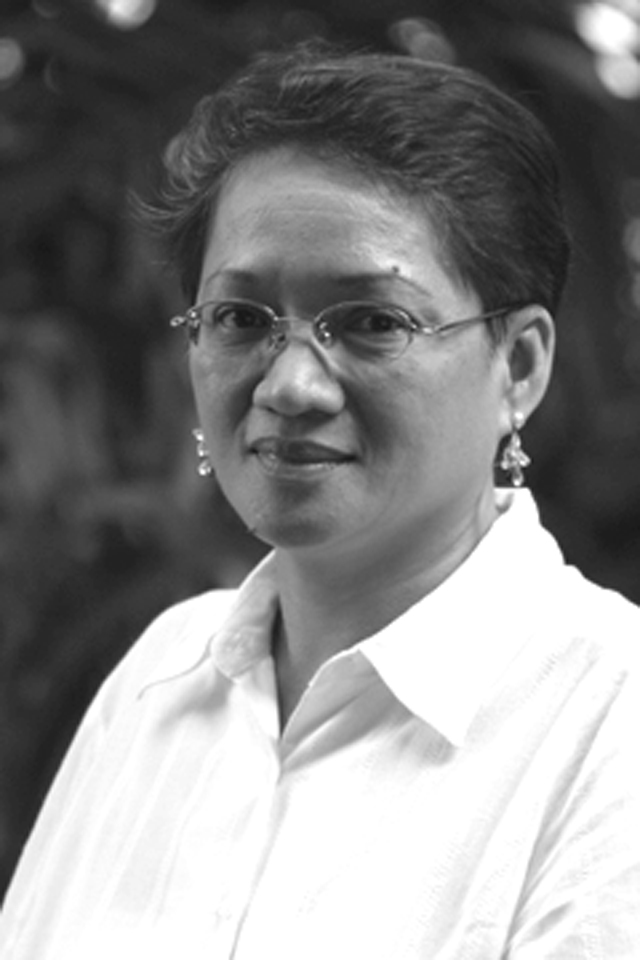
Malou Apalisok
News that ridesharing behemoth Uber has sold its Southeast Asian business operations to Singapore-based rival Grab has sent local Uber operators in a frenzy even as lawmakers and regulators are carefully monitoring the deal owing to apprehensions it will result in price surges to the detriment of the riding public.
The deal is set to take effect on April 8 but this early Uber operators are already making steps to migrate to Grab. There are approximately 66,000 Uber cars in Metro Manila, with some 1,500 reportedly allocated for Cebu City and a much lesser number in Pampanga.
Uber’s retreat in Southeast Asia follows a similar move by the Silicon Valley venture in China and Russia. Uber yielded to China’s Didi in August 2016 with the US company getting 17.7% of the total stake. The following year, it scaled down its business in Russia by spinning down its operations to give way to a new company controlled by its major rival, Yandex.
In both transactions, Uber is said to have made huge profits while remaining an active participant in the new business configurations. In the Southeast Asian caper, Uber will get 27.5% of the merger plus a seat on the board of directors to be taken by the Uber CEO.
Grab’s acquisition of Uber’s ride-hailing services in Southeast Asia (Indonesia, Singapore, Malaysia, Philippines, Thailand, Myanmar and Cambodia) a region with approximately 620 million passengers using the internet-based platform via its websites and mobile apps has sparked a lot of speculations. The duopoly has now become a monopoly, said one observer.
Because public transportation is a highly regulated industry, a member of Congress has called on the Philippine Competition Commission (PCC) to look into the Grab-Uber merger. Makati City Congressman Luis Campos, Jr. urged PCC Chairman Arsenio Balisacan to pore over the deal because it could lessen if not altogether eliminate competition in the market.
The PCC is a relatively new, independent quasi-judicial body tasked to promote and maintain market competition by implementing the Philippine Competition Act or RA 10667.
Under the law, “The Philippine Competition Commission institutes a regulatory environment for market competition in order to protect consumers, whereby they are aimed to be given access to more options over what goods or services to patronize. It would also have the effect of creating competitive businesses that would encourage economic efficiency and innovation.”
Fears of a monopolistic environment are not altogether without basis but local dynamics are also factored in the efficiency of a monopolistic ride-hailing service based on the China experience. In Beijing, the service deteriorated after Uber sold its business operations wholesale to the rival, Didi.
According to the online news Quartz, a year after the merger was legalized, a period characterized by promo rides, protests of taxi drivers and periodic raids of Uber rides, “neither drivers and passengers are happy.”
In fact, getting a ride in China has become harder and more expensive than ever before, according to the report. A 2017 survey showed that 81.7% of respondents think that hailing a ride “is getting more difficult than it was a year ago, while 86.6% said it has become more expensive compared to a year ago.”
Local laws that imposed fines on drivers for failing to secure business permits and other licenses discouraged drivers to ferry passengers. Didi also slashed bonuses given to drivers such that the low response rate in busy spots like airports and metro trains have all added up to the dismay of the public.
* * *
Today Cebu City welcomes close to 1,000 delegates coming from all corners of the country to the 3rd National Summit on Gender and Development to be held at the Waterfront Hotel in Lahug. The three-day summit this afternoon is being organized by the Gender Equality Resource Center (GERC) and the Cooperative Development Authority in collaboration with Cebu-based cooperatives. The important gathering will have for its theme, “PH Co-ops Stepping Up UN Sustainable Development Goals through GAD Mainstreaming.”